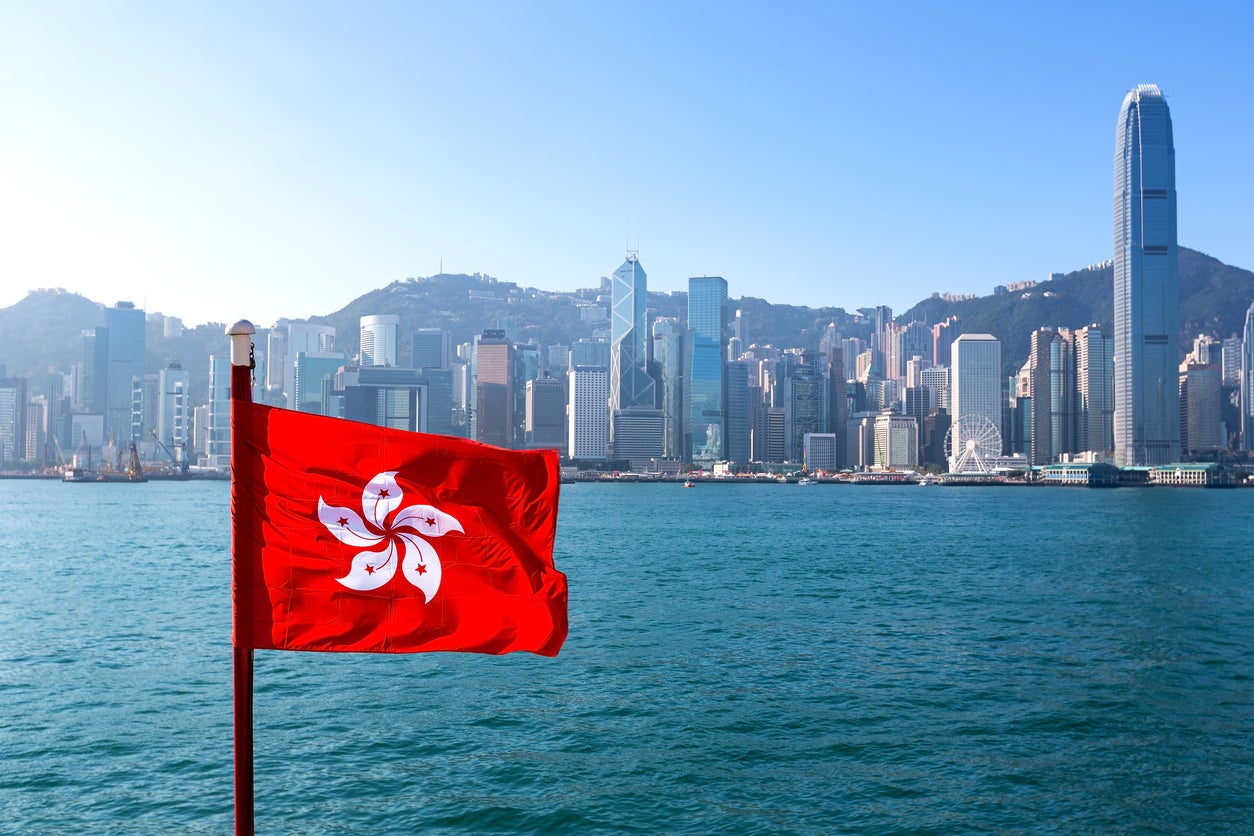Britain has a duty to protect the people of Hong Kong
Editorial: China no longer recognises British national overseas passports. Our government must de-escalate diplomatic hostilities and establish the rights and status of those in the territory

UK visas for holders of British national overseas passports in Hong Kong will be available from Sunday. The policy was designed to deter China from further infringement of the human rights of people in the special administrative region.
It has not worked. In militant mood, Beijing will no longer recognise the BNO passport as a valid travel document or form of identification. People from Hong Kong can apply for a visa to live and work in Britain for a period of some years, with the possibility of a path to British citizenship in future. The offer of a UK visa is in effect the right to refuge, which exists in international and British law in any case, as a universal human right. The visa is not equivalent to full British citizenship with the unlimited right of entry and right of abode.
The net effect of these moves is to leave many in Hong Kong almost stateless. The rights and status they have enjoyed since 1997 when the colony was returned, rightly, to China have now been abolished by the Chinese government. The British government, however, has not fully protected them. If they do not wish to be Chinese citizens many of them will have nowhere to turn. Their BNO passports have been torn up, but they will not get British passports. It is, for them, the end of a way of life.
The right thing to do would be to offer them British citizenship. That, however, is fraught with problems. The Chinese authorities are under no obligation (at least in their own minds) to recognise that status, and they can stop them trying to leave. Even if the Chinese government relented, and allowed the BNO Hong Kongers to go, the UK might find ways not to take them: they do have the right to apply to come to Britain, but Britain is not obliged to grant it.
Politically, too, it is difficult to see the government honouring even its present visa policy, let alone a more comprehensive offer of full citizenship. Brexit, after all, was for many voters about reducing immigration from anywhere, whether that made logical sense or not. The current estimate is that 300,000 visas might be granted, but the upper limit of the government’s impact assessment was 1 million, though this seems highly improbable.
In practice, migration might be on a far smaller scale; no one can know how conditions in Hong Kong will evolve in the coming years and decades. What seems certain in the short term is that China is impatient and intolerant towards territories it regards as sovereign. It is threatening war over Taiwan, effectively separate and democratic since 1949, and protected by American guarantees. Nor does the Chinese government even acknowledge the persecution of the Uighur Muslim people and the Tibetans.
Each of these are huge issues on their own, and serious threats to peace and regional stability. The best that can be practically done for Hong Kong by the British government, aside from the usual objections at the United Nations, is to de-escalate the diplomatic hostilities and try once again to regularise the proper rights and status of the people of Hong Kong.
Allies such as the US and EU can help in this, too, but thus far China has proven unyielding. Any attempt at rapprochement will need to take place in the full understanding that what Beijing fears above all is a fracturing of the state sponsored by foreign interference. As a medium-sized European power, Britain is in no position to try to threaten China.



Join our commenting forum
Join thought-provoking conversations, follow other Independent readers and see their replies
Comments